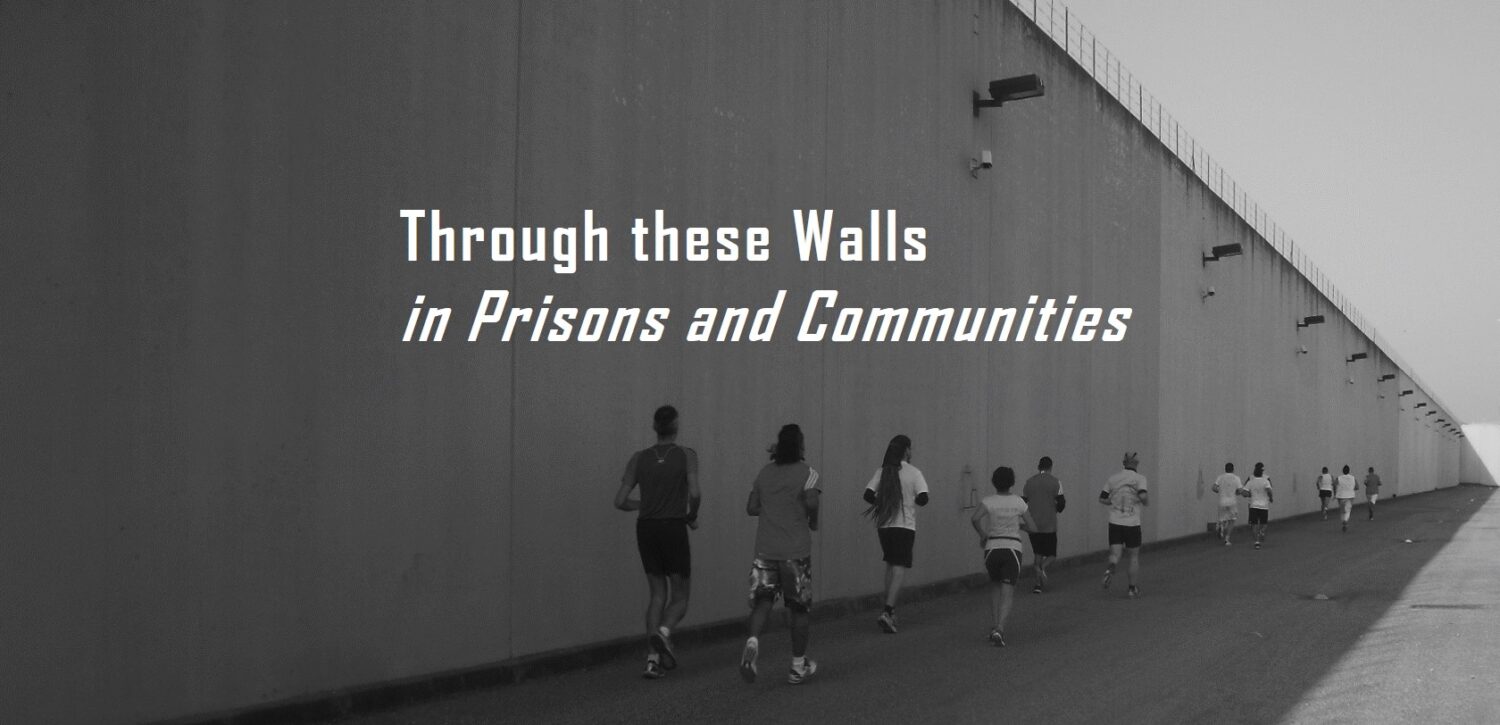It’s more than running although it’s just running
In this rich conversation our special guest is Uche Osondu who is MSc Public Health and Health Promotion student at RGU Aberdeen. We speak about what attracted Uche to Runforever and we explore the notion of health from his experience and in relation to what we do with Runforever. Uche shares with us his practice of writing letters to himself as a practice for deepening isolation and solitude (Uche's blog, A life in letters) and together we imagine how to use similar ideas in developing what we do in prison. This conversation would like to give expression to a different way of thinking to generations and imagine them as the fibers of a rope as anthropologist Tim Ingold suggests. Fibers twist together in strengthening the rope and shaping new life. Our conversations are this twisting movement where we learn together how to move on.
Conversation: Paolo Maccagno with Uche Osondu, MSc Public Health and Health Promotion student at RGU Aberdeen
Link: Uche Osondu’s blog A life in letters
Quote: Prof. Tim Ingold, The Young, The Old And The Generation Of Now
0:00 Runningstories show trailer
1:30 Introduction welcome to Uche Osondu, MSc Public Health and Health Promotion student at RGU Aberdeen. About Uche’s background and why are you interested in Runforever?
3:30 starting from Huche’s experience as a dentist, Uche shares his ideas about health and how it could be improved.
6:30 Health is not just wellbeing. We need human connections to avoid feeling alienated
9:10 Health is not just the absence of disease. In Nigeria if you don’t need to go to the hospital then you are considered healthy. I lived as an unemployed for sometime thanks to the kindness of friends, I was not healthy then.
10:40 about social isolation. Uche shares his practice of writing letters to himself and publishing them on his blog, A life in letters. I write to connect with people who tend to feel the same way. I like to explore loneliness.
12:30 why having these conversations? Loneliness and solitude are an experience for prisoners too. These conversation are not meant to make an interview but to learn together and open new possibilities for Runforever.
15:00 the birth of new ideas and collaboration around the idea of letters from runners.
17:10 what attracted you to Runforever? Prisoners are not seen just as inmates but as runners. You run with them in the same direction. The project is not something done onto them but you do it with them. “It’s more than running although it’s just running”. Life is uncertain and running once a week helps to have something stable.
18:50 this “data” are the ones which are neglected and difficult to measure.
20:10 some reflection joining thoughts about health and running every week in the prison. Runnning together bridges the two sides not only of the inside/outside of the prison but also between being healthy and not being healthy.
22:30 the anecdote of a runner who after the first running session wanted to call his dad to tell him how good he feels. Runforever provides the space where health becomes a never ending path to share with others.
24:30 “In order to love others you have to love yourself” this is the first important step, to make peace with yourself.
26:30 “I want to tell my dad”, when you feel better you need to tell someone and move beyond individual boundaries. This resonates with one of the key messages from Margaret Hannah’s book Humanising healthcare: “You cannot be healthy alone”.
29:00 Uche, do you run? Not really because I lack mental strength and I need others for that. Conversation continues about new ideas of introducing Parkruns into the prison as there are others in Aberdeenshire and there is already a parkrun inside a prison in the south of England (https://blog.parkrun.com/uk/2023/08/25/parkrun-takes-me-away-to-another-place/, https://blog.parkrun.com/uk/2023/07/25/the-positive-impact-of-parkrun-in-custodial-estates/). Parkruns could become a real routine inside the prison and help the transition of prisoners when they will be released outside.
33:30 about generations, the young, the adults and the old. Reference to anthropologist Tim Ingold and his suggestion of thinking to generations not as separated layers one on top of the others but overlapping as the fibers of a rope. The fibers twist together and, in this movement, they strengthen the rope and extend indefinitely into the future bringing together the energies of everyone. The conversations Runforever is trying to foster go in this direction.
37:50 Tim Ingold “The Young, The Old And The Generation Of Now”, minute 13’: The Young, The Old And The Generation Of Now
43:10 “I don’t know how…” final thoughts about the importance of imagination. See Tim Ingold’s talk at minute 26:24 and 34:44, The Young, The Old And The Generation Of Now
